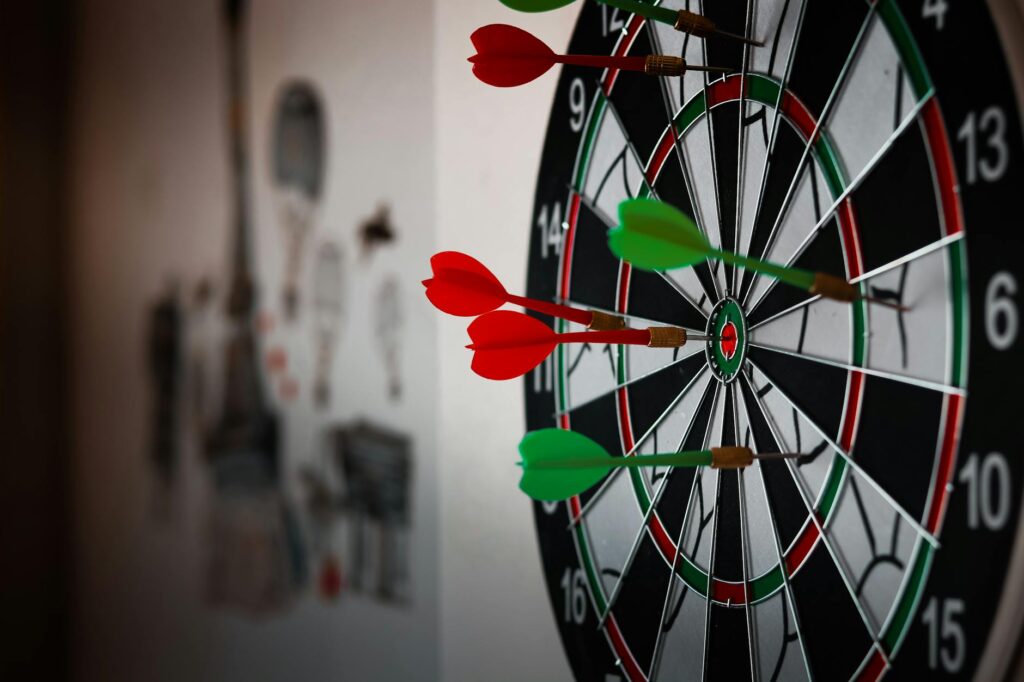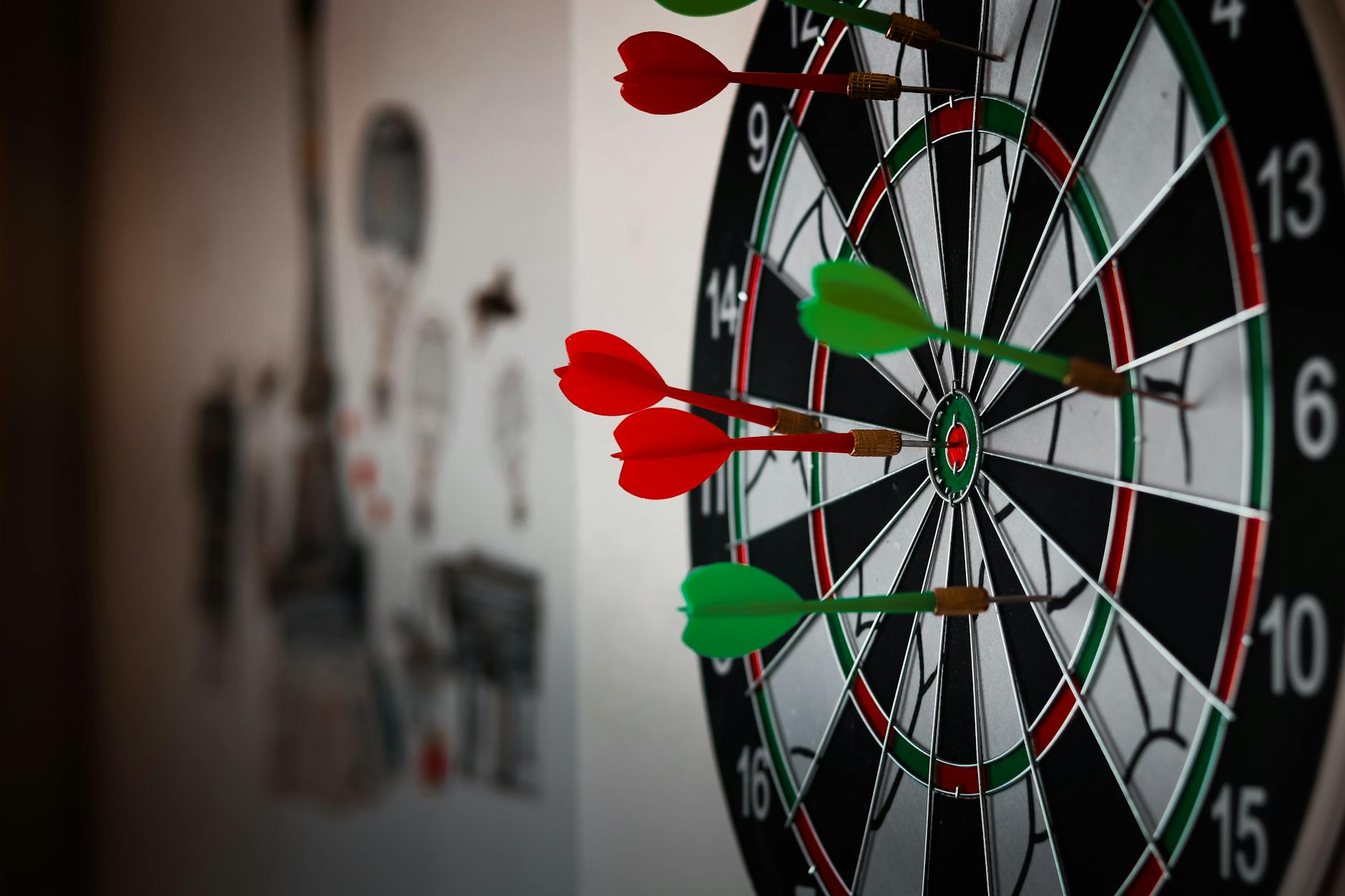What is goal measurement?

What is goal measurement?
Goal measurement is a crucial aspect of personal and professional growth. It allows you to track your progress, hold yourself accountable, and stay motivated. In our fast-paced world, having a structured approach to measuring goals can enhance your productivity and provide clarity for your journey ahead.
Understanding Goal Measurement
At its core, goal measurement refers to the techniques and processes used to assess progress toward specific objectives. This practice is essential for anyone aiming to achieve significant milestones in their personal or professional lives.
What Is Goal Measurement?
Goal measurement entails evaluating how well you are progressing toward your targets. It provides a framework for determining whether your actions align with your intended outcomes. By setting measurable goals, you can quantify your success and identify areas needing improvement. For instance, if your goal is to exercise regularly, tracking the number of workouts per week allows you to see if you’re meeting your target. This tangible data can be motivating and help you adjust your behavior as necessary.
Why Goal Measurement Matters
Measuring goals is not just about numbers; it’s about accountability and clarity. When you measure your goals, you create a sense of responsibility. You can reflect on your progress and adjust your strategies as needed. Furthermore, seeing tangible results can boost your motivation. When you notice how far you’ve come, it encourages you to keep pushing forward. More insights on the importance of measuring goals can be found here.
Methods of Goal Measurement
There are various techniques and tools available for effective goal measurement. Choosing the right method can enhance your ability to track your progress and make necessary adjustments.
Quantitative vs. Qualitative Measurement
When measuring goals, you can use quantitative and qualitative methods. Quantitative measurement deals with numbers and metrics. For example, tracking sales figures or the number of completed tasks gives you concrete data to analyze. On the other hand, qualitative measurement focuses on subjective assessments, such as feedback or personal reflections. Combining both methods can provide a comprehensive view of your progress.
SMART Goals Framework
One widely recognized approach to goal measurement is the SMART framework, which stands for Specific, Measurable, Achievable, Relevant, and Time-bound. By setting SMART goals, you can create clear and actionable targets. For instance, instead of saying, “I want to get fit,” a SMART goal would be, “I will exercise for 30 minutes, five times a week for the next three months.” This specificity helps in measuring progress and makes it easier to stay committed.
Tools and Technologies for Measurement
In today’s digital age, numerous tools and apps can facilitate goal measurement. Platforms like habit trackers and productivity software can streamline the process, making it easier to monitor progress. For example, apps such as Todoist or Trello allow you to break down your goals into manageable tasks and track your completion rates. These tools provide visual insights, helping you understand your productivity patterns.
Challenges in Goal Measurement
While measuring goals is vital, various challenges can arise. Being aware of these obstacles can help you devise strategies to overcome them.
Setting Realistic Goals
One common challenge is setting overly ambitious goals. While aiming high is admirable, it can lead to frustration if the goals are unrealistic. Setting achievable goals is essential for effective measurement. If you don’t see progress, it can be demotivating. Instead, start with smaller, attainable goals and gradually build up to larger ones. This approach can foster a sense of accomplishment and keep you engaged in your journey.
Data Overload and Analysis Paralysis
Another challenge is the risk of data overload. With so much information available, it’s easy to become overwhelmed. Too much data can lead to analysis paralysis, where you spend more time analyzing than taking action. To combat this, focus on the key metrics that matter most to your goals. Regularly review your progress without getting bogged down in unnecessary details.

Photo by Hasan Albari
Conclusion and Call to Action
In conclusion, goal measurement is an essential aspect of personal and professional growth. It helps you stay accountable, motivated, and clear about your objectives. By utilizing techniques like the SMART framework and leveraging tools for tracking, you can enhance your goal-setting process.
Now is the time to implement goal measurement techniques in your life. Whether you’re aiming for personal development or professional advancement, establishing a system for measuring your goals can make all the difference. For more insights on setting measurable goals, explore this article that provides practical examples and advice. Start measuring your goals today, and experience the positive impact it can have on your journey.